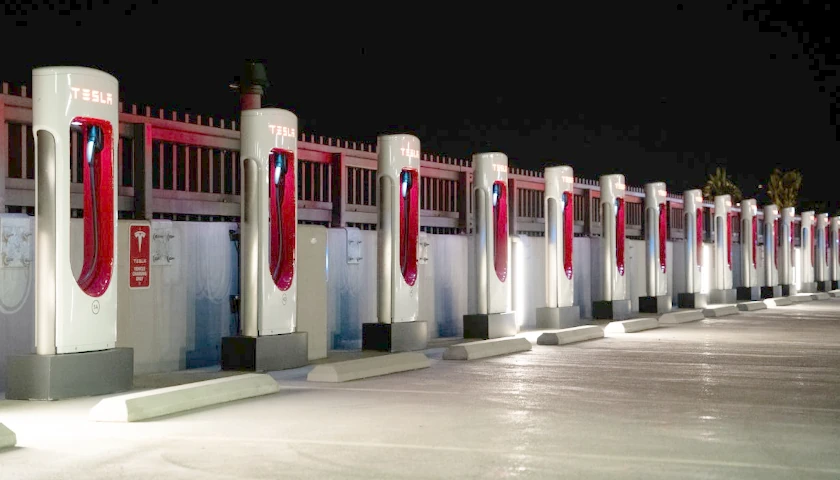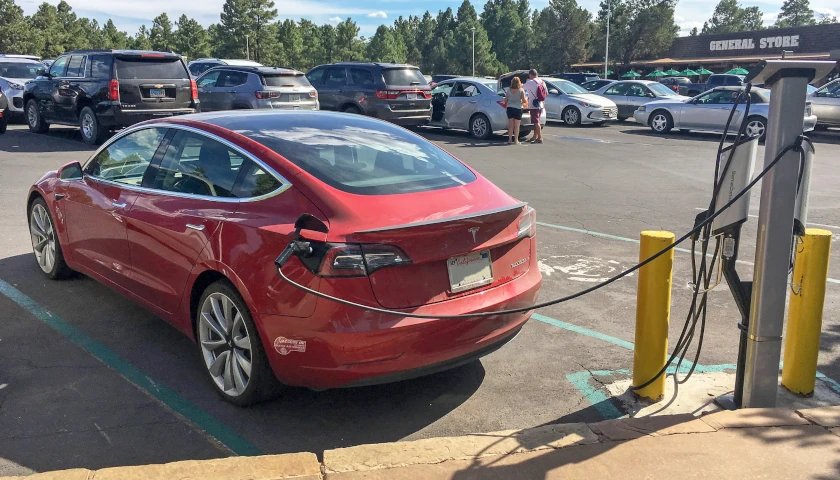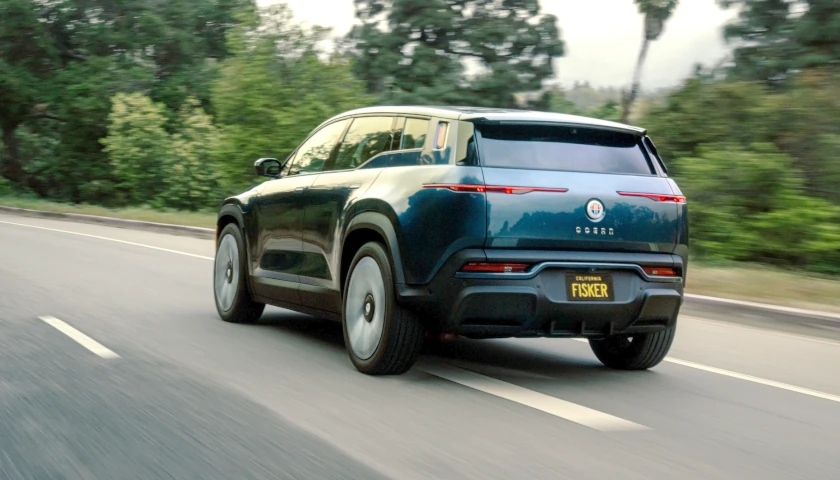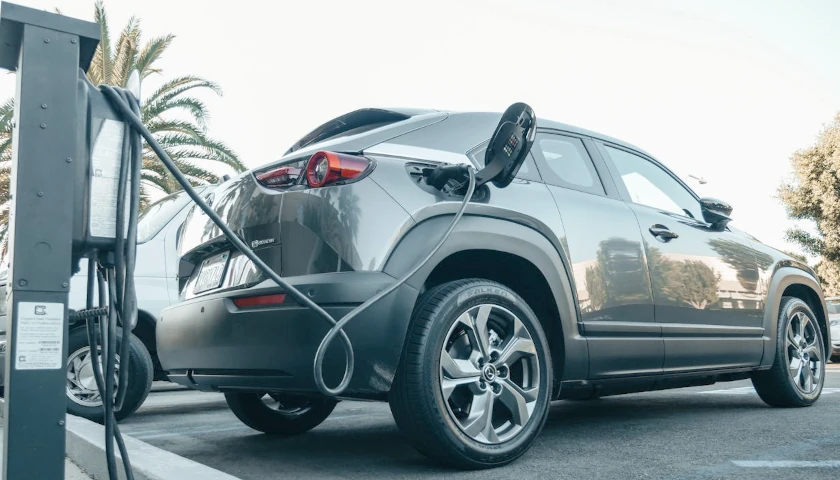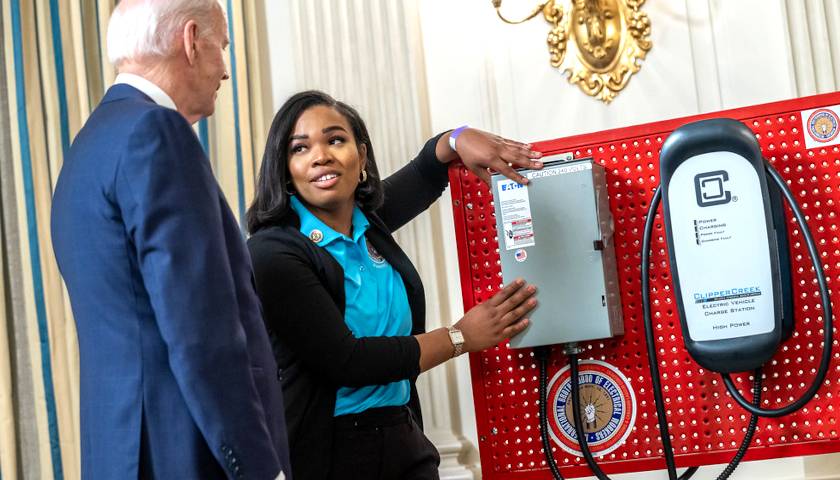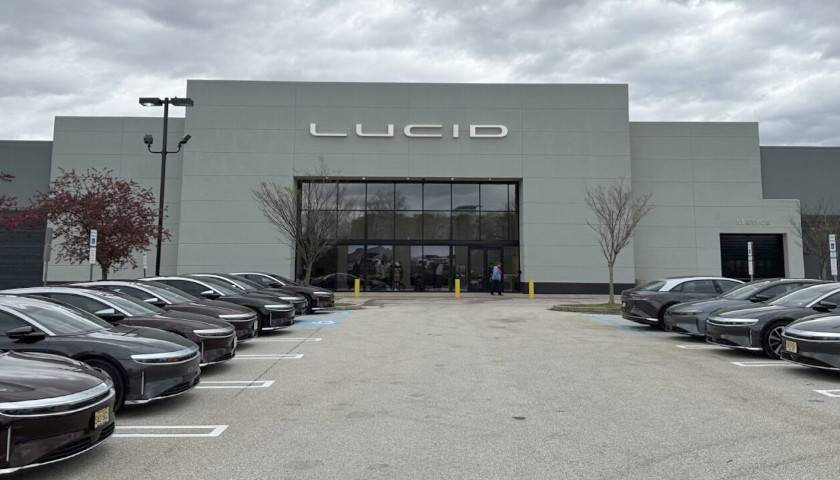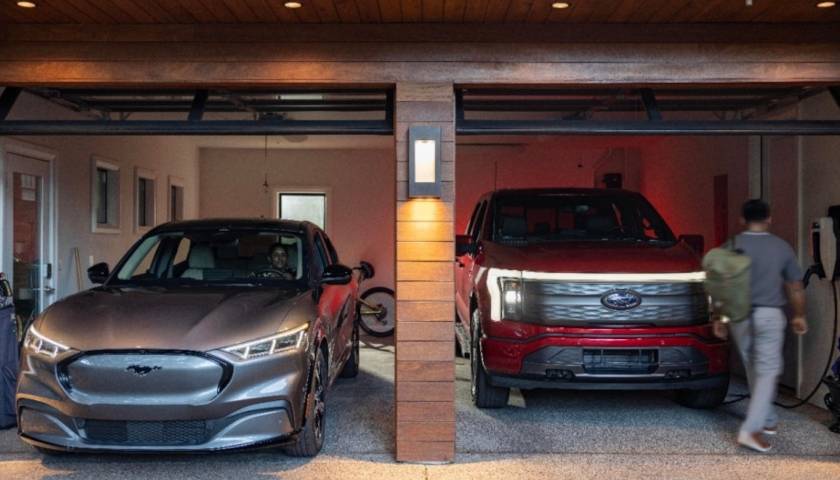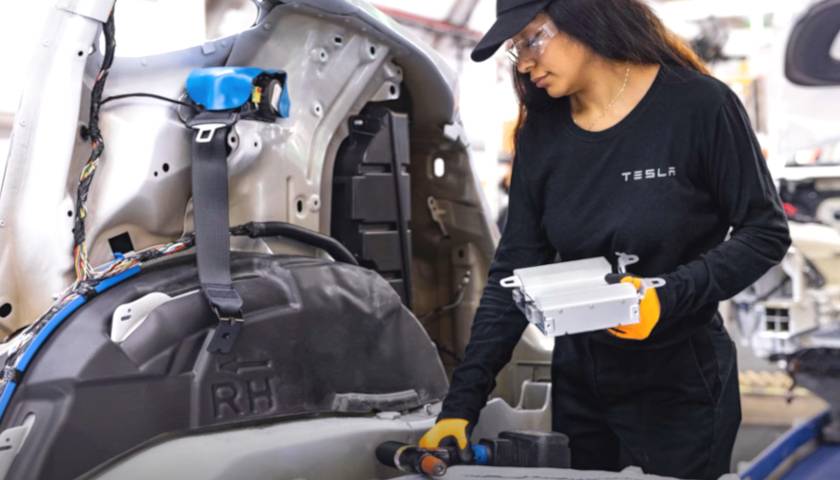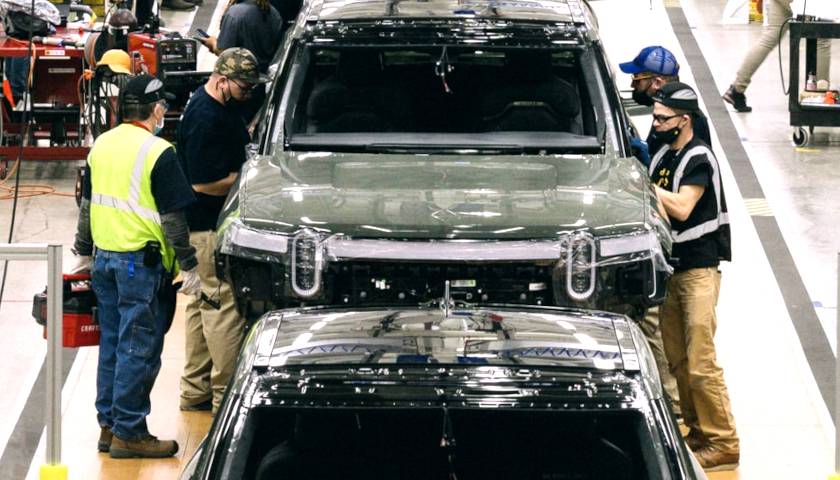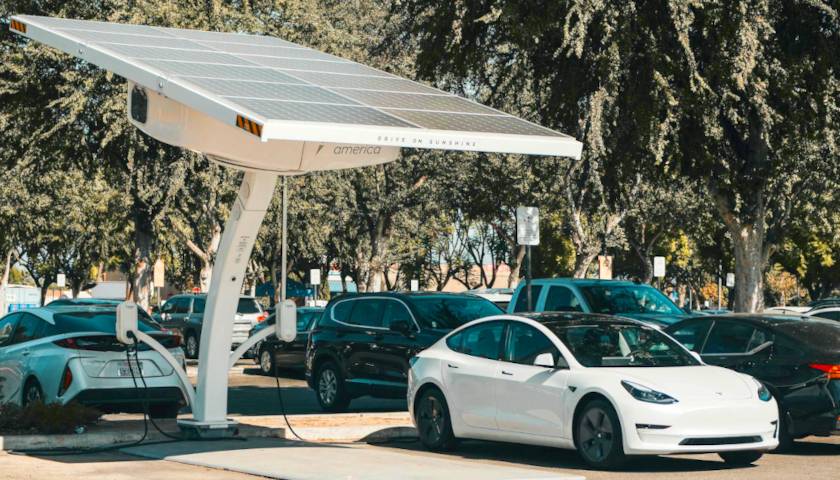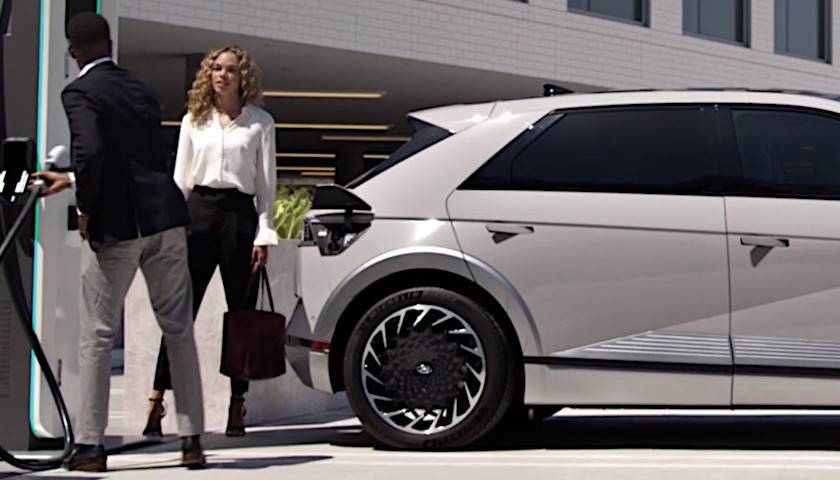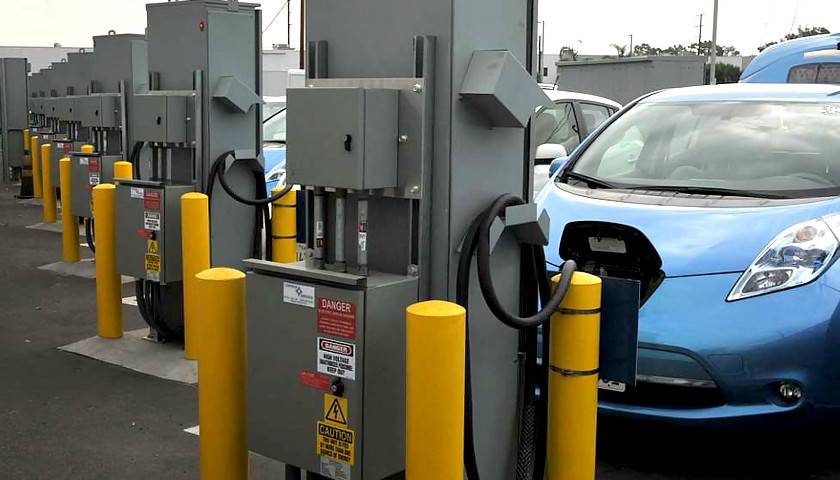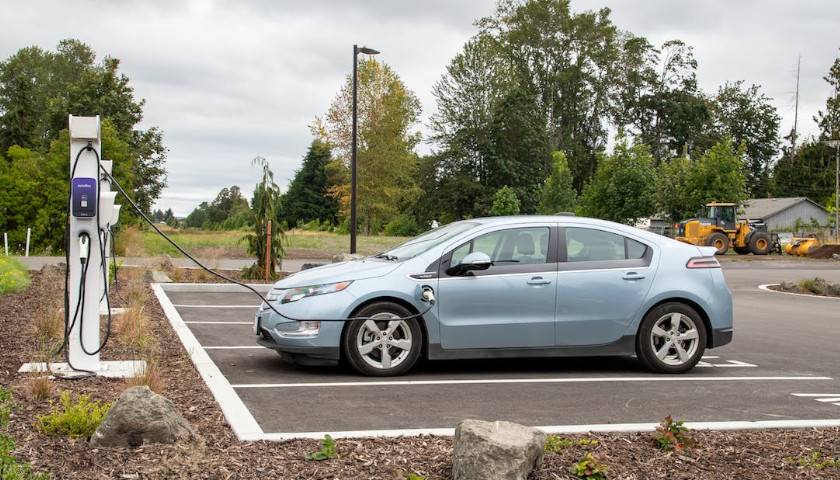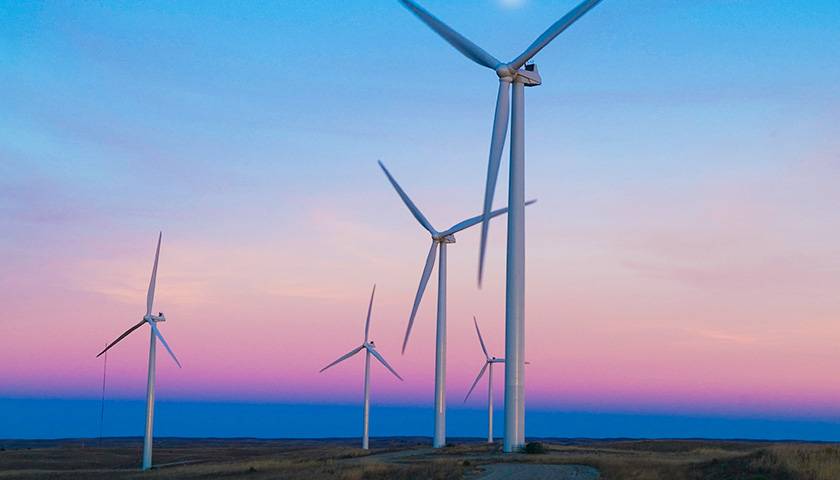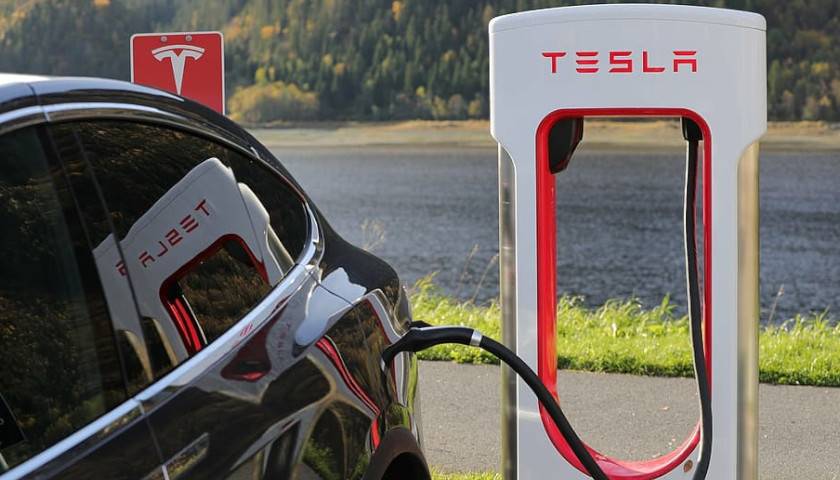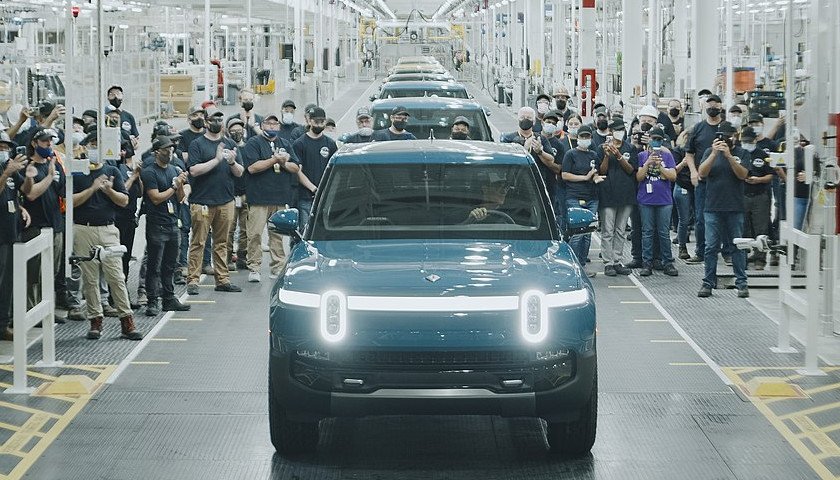The word charade has several meanings, and including an act or event that is clearly false (Cambridge Dictionary), something done just for show (Vocabulary.com), or a situation in which people pretend that something is true when it clearly is not (Oxford Leaner’s Dictionary).
The charade I refers to is President Biden’s $7.5 billion dollar investment to install 500,000 electric charging stations along America’s highways by 2030. A reliable and convenient public EV charging infrastructure is critical to achieve the President’s goal of meeting the recent EPA CO2 emission regulation that require nearly 72 percent of U.S. new light vehicle sales to be fully electric or plug-in hybrid by 2032. Without diving deeper into the announcement, one would likely assume that $7.5 billion is sufficient to construct the 500,000 charging stations, one every 50 miles along the nation’s highways.
Read More
